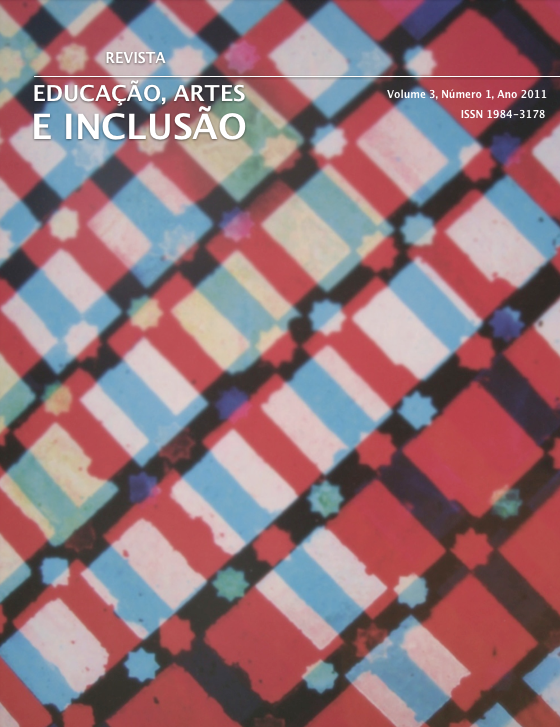EDUCACIÓN INCLUSIVA Y OTROS CONCEPTOS AFINES PARA EL DESARROLLO DE UNA ESCUELA PARA TODOS EN LA SOCIEDAD DE LA INFORMACIÓN
Keywords:
Escuela Inclusiva, Prácticas Inclusivas y Educación y TICAbstract
En este artículo se trata de enmarcar el fenómeno de la educación inclusiva en la sociedad globalizada y especialmente en los países participantes en el Proyecto A/024261/09 financiado por la AECID en el que participan los autores de este artículo, y que son España, Brasil y Colombia. El objetivo principal de este artículo es desarrollar el paradigma inclusivo de la escuela actualmente, y cómo las TIC (Tecnologías de la Información y la Comunicación) reconfiguran este modelo ofreciendo alternativas novedosas para la práctica y actuación en el aula. Se destaca la importancia de las TIC en el desarrollo de nuevas formas de inclusión digital de la ciudadanía en la sociedad del conocimiento. Sin embargo, otros elementos que se consideran importantes para la apuesta por una escuela inclusiva son la formación en competencias digitales tanto del profesorado como del alumnado y, algunas estrategias que fomentan una escuela para todos a través de las TIC, como son la creación de comunidades virtuales y la diversificación de los recursos educativos utilizados en la docencia.Downloads
Downloads
Published
How to Cite
Issue
Section
License
Copyright Statement
The Educação, Artes e Inclusão is a journal that follows the Free Access Policy. The articles published by the journal are free of charge, intended for educational and non-commercial applications. The articles whose authors are identified represent the expression from the point of view of their authors and not the official position of the Educação, Artes e Inclusão Journal or the Educação, Artes e Inclusão Research Group.
Authors who publish in this journal agree to the following terms:
(A) Authors retain the copyright and grant the journal the right of first publication, with the work simultaneously licensed under the Creative Commons Attribution License which allows the sharing of the work with acknowledgment of authorship and initial publication in this magazine.
(B) Authors are authorized to take additional contracts separately, for non-exclusive distribution of the version of the work published in this journal (eg publish in institutional repository or as a book chapter), with acknowledgment of authorship and initial publication in this magazine.
(C) This journal provides public access to all of its content, as this allows for greater visibility and scope of published articles and reviews. For more information on this approach, visit the Public Knowledge Project.
This journal is licensed under a Creative Commons Attribution-NonCommercial-ShareAlike 4.0 International License. This license allows others to remix, adapt and create from your work for non-commercial purposes, and although new work must give you due credit and cannot be used for business purposes, users do not have to license such derivative works under the same terms.



